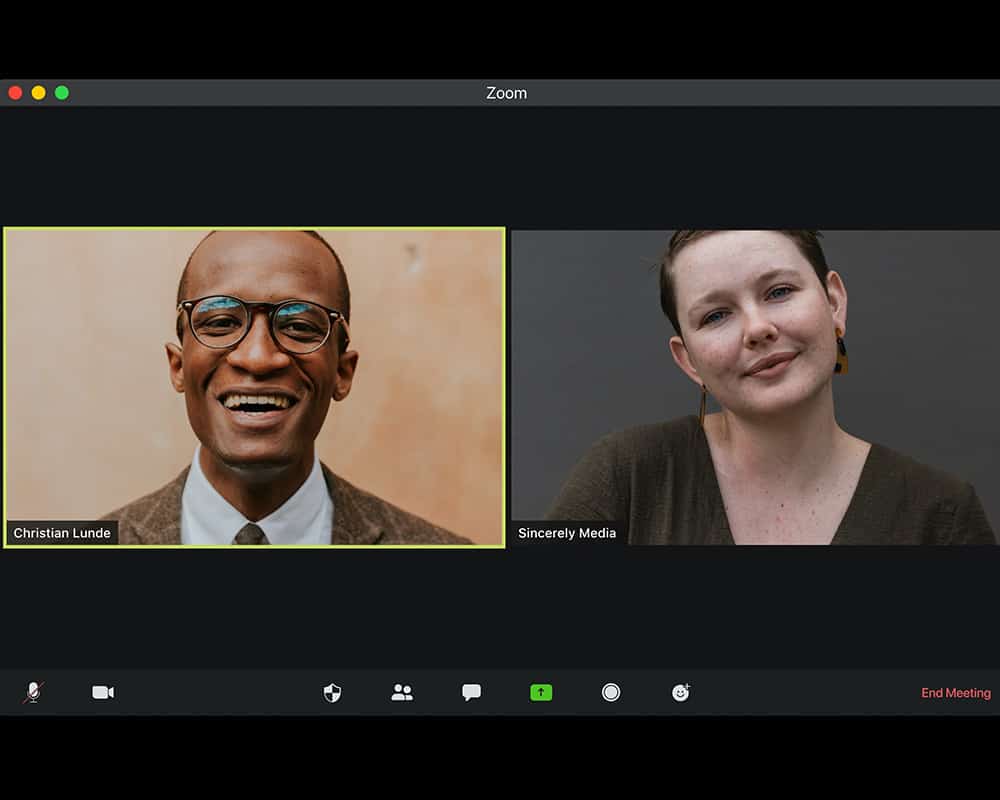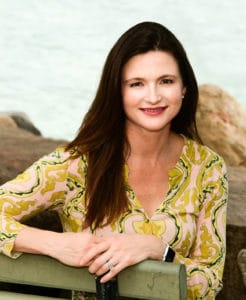Part of the human experience is remaining connected. Dr. Jamil Zaki, a professor of psychology at Stanford University and the director of the Stanford social neuroscience laboratory, suggests that instead of social distancing, we practice distant socializing.
For people with kids at home, this involves setting up FaceTime play dates or group meetings via zoom or another video conferencing platform. Kids also benefit from video chats and sharing videos with friends and family members.
Many people have been using the video chat functions on their dating platforms to video chat dates. Sometimes getting to know someone during a disaster can be informative. In these circumstances, it is easier to get to know someone on an emotionally intimate level while refraining from physical intimacy. Several people who are engaging in these activities say that they feel more relaxed and under less pressure on a first date given the circumstances. If you are already partnered and not looking to date, remember to call a friend every day. Social connections reduce stress, increase happiness, and help us feel more joyful.
For people who are into gaming, using the social functions of the gaming devices can be a helpful way to pass some time. Parents will want to make sure that the individuals your child connects with are friends of theirs in real life. Adolescents and older kids can be a good resource for helping parents learn about social media. Allowing kids to provide grown-ups with a tutorial on how to use these platforms can help kids feel more productive and helpful during this time.
Social connectedness reduces feelings of loneliness and isolation. In times of crisis, when we are unable to change the larger circumstances that influence our life, emotional coping and connecting with people who care about us will help us weather this storm. Psychotherapy can also offer advice for helping people utilize their healthy coping strategies and minimize the use of unhelpful strategies.
Read other posts in our Coronavirus Series


